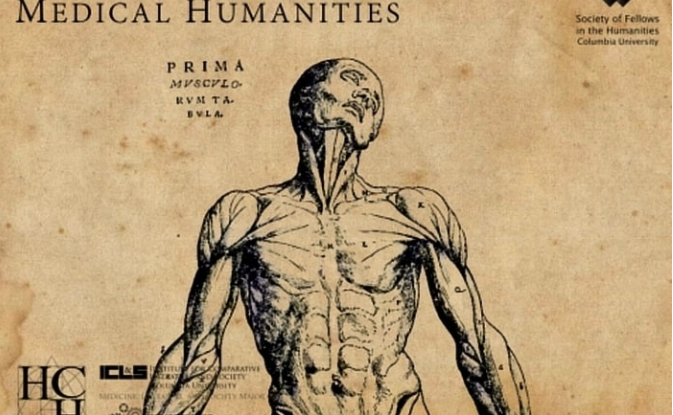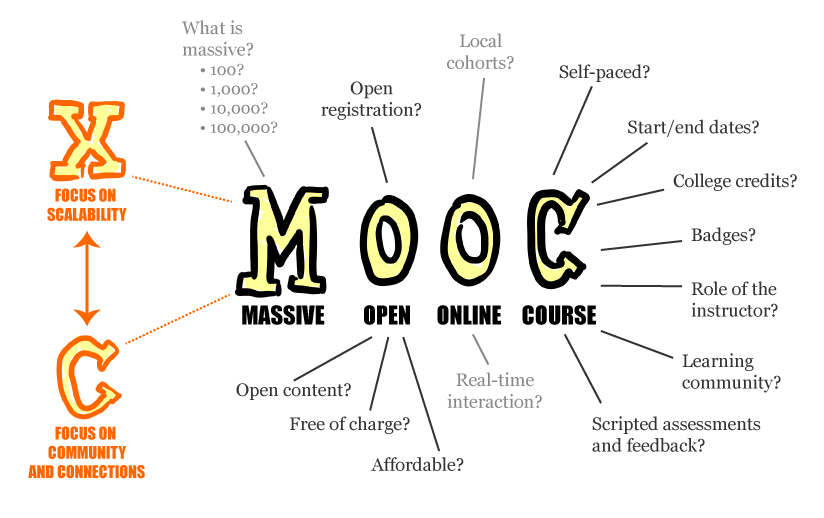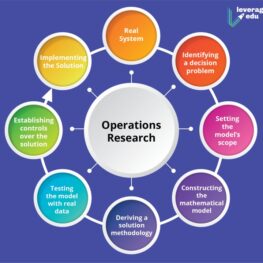- Teacher: Rishav Aich
- Teacher: Anil Kumar
moocsfdpnitw.gnomio.com
-
Welcome to your new Gnomio site
Now, you are in control!
Moodle is an open-source Learning Management System (LMS) that provides educators with the tools and features to create and manage online courses. It allows educators to organize course materials, create quizzes and assignments, host discussion forums, and track student progress. Moodle is highly flexible and can be customized to meet the specific needs of different institutions and learning environments.
Moodle supports both synchronous and asynchronous learning environments, enabling educators to host live webinars, video conferences, and chat sessions, as well as providing a variety of tools that support self-paced learning, including videos, interactive quizzes, and discussion forums. The platform also integrates with other tools and systems, such as Google Apps and plagiarism detection software, to provide a seamless learning experience.
Moodle is widely used in educational institutions, including universities, K-12 schools, and corporate training programs. It is well-suited to online and blended learning environments and distance education programs. Additionally, Moodle's accessibility features make it a popular choice for learners with disabilities, ensuring that courses are inclusive and accessible to all learners.
The Moodle community is an active group of users, developers, and educators who contribute to the platform's development and improvement. The community provides support, resources, and documentation for users, as well as a forum for sharing ideas and best practices. Moodle releases regular updates and improvements, ensuring that the platform remains up-to-date with the latest technologies and best practices.
Links of interest:
(You can edit or remove this text)
Available courses

- Teacher: Somreeta Dinda

- Teacher: Vidyasree Bindu
- Teacher: Dr P Bhargavi
- Teacher: bhargavi nitw

- Teacher: Bhargavi D
- Teacher: Dr. Indira Koneru
- Teacher: Sreehitha G
Descriptive vs Predictive vs Prescriptive Analytics,BusinessIntelligence vs Data ScienceData Preprocessing,Data Cleaning and Transformation,Feature Engineering and Selection ANOVA, Chi-Square Test,Exploratory Data Analysis (EDA),Summary Statistics,Correlation and Covariance,Distribution and Trend Analysis.
Evaluation Scheme
MOOC Facilatator
https://www.chaitanya.edu.in/
MOOC Syllabus
Download Syllabus
I Key topics include process management, including process scheduling and synchronization; memory management techniques such as paging and virtual memory; file system organization and implementation; input/output management; and system security and protection mechanisms.
II
The course also covers deadlock detection and handling, as well as an overview of contemporary operating systems like UNIX/Linux and Windows.
III
Through lectures, hands-on programming assignments, and case studies, students will develop a comprehensive understanding of how operating systems work and how they support applications and hardware in real-world environments.
- Teacher: Kandika. Vishnuvardhan
- Teacher: Srinivas Reddy Kota

Very few courses or books cover such a vast number of topics that are essential for every scientist and engineer to learn.
The course covers review of classical physics, emergence of old quantum theory, basic quantum mechanics, its postulates and applications on a variety of systems, introduction to linear algebra for notations used in modern quantum physics, Lasers, statistical physics, Solid State Physics, Nuclear Physics and an introduction to elementary particles.
Apart from the usual course curriculum for colleges and universities across the country, the course will be useful the first or second year undergraduates (B.Sc in Physics and Chemistry), first year post graduates (M.Sc), for preparation of recently introduced CUET (UG and PG) and civil services exams.
- Teacher: Arun Kumar Raman
- Teacher: Dr. Anumalla Satyanarayana
This course is designed to make student understand the strategies significance of teaching methods
Course objectives
Upon completion of the course, students will be able to
1.know the different types of teaching approaches
2.different Teaching methods
3.students can teach in the class
- Teacher: G Shahanaz

- Teacher: PERUKA SRIDEVI
Course Objectives
-providing a comprehensive view about Grammar and its components.
-recognizing the everyday use of various grammatical components.
-providing knowledge of various elements of grammar and characteristics of each topic.
- applying the concepts of grammar in one's everyday activities
- recognizing and understanding the grammatical components in various competitive exams
Academic Profile
Academic & Research Interests
has done M.Phil. & Ph.D. in ELE from EFLU
has experienced in teaching Methods of Teaching English, Teacher Education, Development of LSRW Skills, Post-Method Pedagogy, & Multilingualism.
Teaching Experience
worked as a teacher for 8 years
has been working as an Assistant Professor for 7 years
Overview
This course is designed for all the UG & PG Students for enhancing their competencies in General English for various competitive exams
Course objectives
providing exposure to the importance of General English in various competitive exams at the state and central levels.
providing opportunity for the students who completed or who have enrolled in B.A./B.Sc./BCom./MA/M.Sc. in English.
understanding and applying the concepts of General English while writing PSC, UPSC, TET, DSC, KVS, C-TET, and other PSC competitive exams.
Expected Learning Outcomes
Learners are expected to use their knowledge of General English in competitive exams
Audience & Prerequisites
Learners require a minimum knowledge of General English with a Bachelor/Master Degree
- Teacher: Dr. Venkanna K
- Teacher: Dr.PRABHAVATHI K
- Teacher: M. Gayathri

- Teacher: Dr. Ramesh Singisala
This course is designed to enhance students' academic writing abilities by focusing on:
1. Principles of paragraph development
2. Structure of various types of essays
3.Mechanics of writing
- Teacher: Dr. Jaya Verma

It uses mathematical models, statistics, and algorithms to optimize complex systems.
The goal of OR is to achieve the best possible outcome—maximum profit or minimum cost.
It helps in planning, scheduling, resource allocation, and risk analysis.
OR involves techniques like Linear Programming, Transportation, and Assignment Problems.
Network models such as CPM and PERT assist in project management and time optimization.
Queuing theory and inventory models handle waiting lines and stock control problems.
Simulation and decision theory are used when uncertainty and risk are involved.
OR supports data-driven and quantitative decision-making in industries and government.
Overall, it improves efficiency, productivity, and strategic planning across organizations.
- Teacher: Hymavathi Dyapa
- Teacher: Dr. Anumalla Satyanarayana
- Teacher: Anbumathi P
pharmaceutical additives and various pharmaceutical dosage forms on the performance of
the drug product.
- Teacher: Ragini Karra
- Teacher: Dr. Pavani Sriram
pharmaceutical additives and various pharmaceutical dosage forms on the performance of the Pharmaceutical Emulsions.
- Teacher: Mrs Rajani Thoutreddy

It is offered for ECE branch for second years.